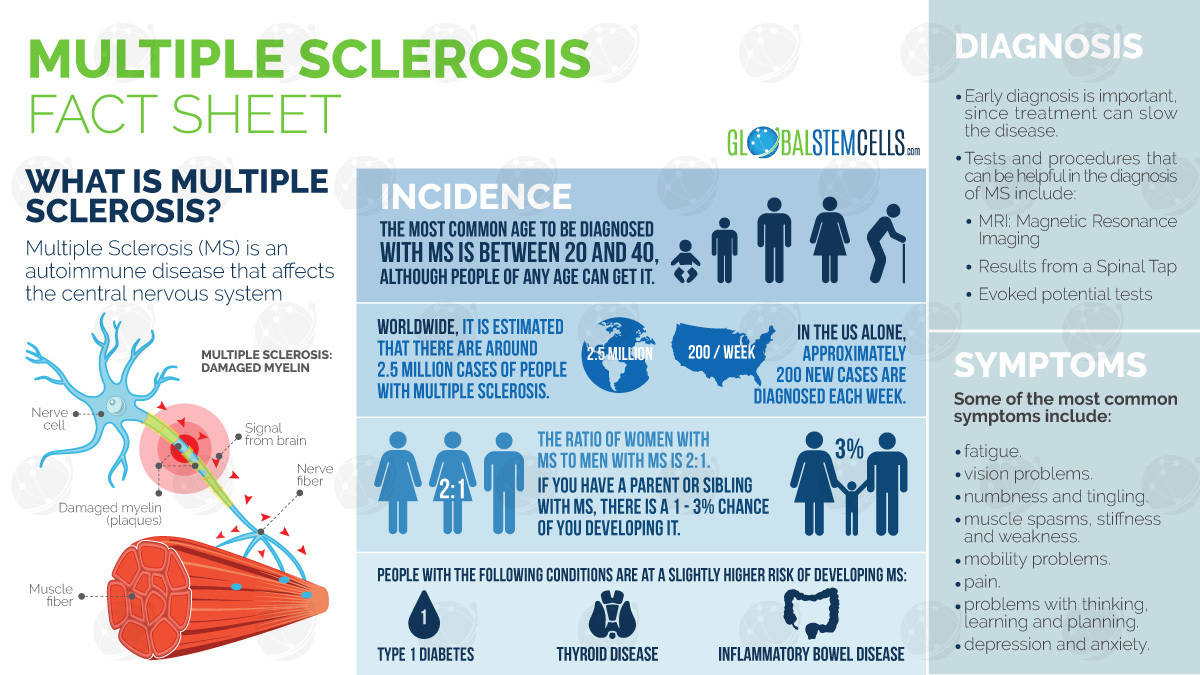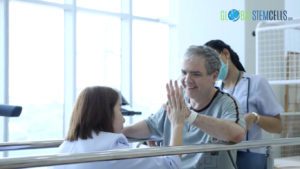MS Global Stem Cells' Patient Forrest Talks About His Stem Cell Treatment
Our multiple sclerosis patient Forrest talks to us about his treatment at our partner hospital. We discuss his therapy, how he found us and the effect it’s had on his disease.
From USA To Thailand: In Search For Stem Cell Treatment
The 41 year old learnt about the use of Stem Cells through a friend whose daughter had received the same treatment and whose results they were impressed by.
During his stay at the world class facilities in Bangkok, Forrest received physical therapy, occupational therapy and aquatic therapy as part of his treatment plan. This was in combination with the stem cell injections.
On the first day, I wondered how rTMS worked on my brain, as I was surprised to see my hands move at the same time. But now I understand how it helps to stimulate motor functions. Forrest, during treatment
After receiving the Regenerative Treatment, Forrest is now able to walk without using a cane, something he hadn’t been able to do before.
At first it was difficult to balance myself, but finally I managed it. Excited to see how else I will progress! Forrest, during treatment
A message from Forrest to those considering Stem Cell Treatment
Forrest was also particularly very impressed with the facilities and staff members who attended to him in Bangkok. It was a positive and very different experience than the one he’d had back home in the US.
Reporter: – What would you tell other patients considering Stem Cell Treatment?
“Do it,” he says. “I tried different ways but that did not help.” Forrest
What is Multiple Sclerosis?
MS usually starts in one of two general ways: with individual relapses (attacks or exacerbations) or with gradual progression.
Most people with MS are diagnosed with the “relapsing remitting” type.
Someone with relapsing remitting MS will have episodes of new or worsening symptoms, known as “relapses”. These typically worsen over a few days, last for days to weeks to months, then slowly improve over a similar time period.
Relapses often occur without warning, but are sometimes associated with a period of illness or stress.












 English
English